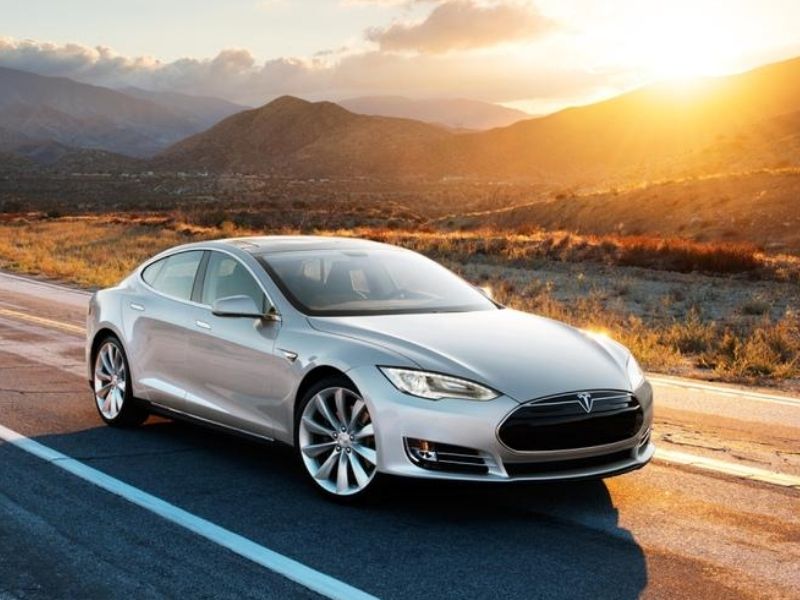With continuing advancements in design and functionality, electric cars appear to be the way of the future. By 2025, analysts predict that 30% of all cars will be electric models. By 2030, electric cars might overshadow gas-powered ones. If you’re excited to get in on this trend, here are a few things to know before buying an electric car.
Is it Practical?
No matter what type of car you buy, you need to ensure it’s a practical decision. Will an electric car work with your daily commute, family size, and the area you live in? It’s vital that you make sure there are charging stations along your usual routes, too.
When shopping around, make sure to look at the battery life of each vehicle. The last thing anyone wants is a dead car part way through a trip. If you live in an area that regularly drops below zero, you might want to reconsider since low temperatures affect battery life and performance.
Full Electric or Hybrid?
If an electric car is practical for your needs, then the next question is whether you want a hybrid or fully electric model. Hybrids are more fuel efficient and greener than traditional gas-powered cars, but still allow you to drive if the battery happens to die.
Since EV charging stations can still be scarce in most areas across the nation, a hybrid could be the better alternative. However, simple round trips are still ideal for fully electric models. So, consider your driving habits when selecting between the two.
Maintenance
There’s an increased sophistication that comes with the technology inside of an electric car, which means they’re more expensive to maintain. Parts can also be difficult to come by, forcing owners to deal with the manufacturer.
Making repairs after a wreck also gets expensive, though you can seek compensation with a car accident injury lawyer. It’s highly recommended that you calculate the cost of regular maintenance in comparison to the savings on gas and oil.
Initial Cost
While shopping, you should also consider your buying power. Electric cars can range from $30,000 to $70,000, and those are just base prices. Expect to pay more for an electric or hybrid model than it’s gas-powered counterpart.
Other Costs
There are several other costs outside of maintenance and the initial cost with an electric car. You’ll need to have a charging station installed at your home, for instance, and pay for any of its maintenance. That purchase also comes with an increased electricity bill.
Don’t forget about replacing the battery down the road, either. Unlike gas-powered cars, these batteries can cost over $5,000. However, they last ten years instead of the average three for non-electric cars. Make sure to factor in all of these costs before making a final decision.
Updates and Upgrades
Electric cars contain a vast amount of technology. You vehicle’s firmware, software, and hardware will all need to be updated regularly to keep your car in tip-top shape. There are models that update regularly and automatically, however, like Tesla.
There are also companies that charge a fee to upgrade, while others create near-constant reminders that can become annoying. Fail to upgrade and you’ll find that your vehicle doesn’t run quite like it used to. It’s vital that you read about the company you’re buying from to make sure you’re okay with the terms and conditions.
